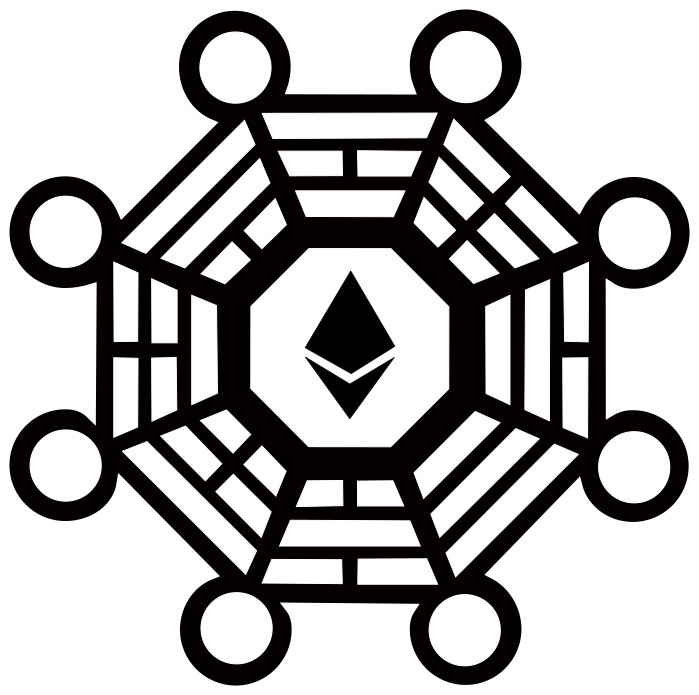
“Put me back on the GOD. DAMN. MAP.” Alden was yelling into his laptop speaker. He was so angry that he brought his face close to the computer, voice distorted by the overloaded audio processors.
“My apologies, sir,” the tinny customer service chatterbot responded. “At this time we cannot reinstate your business on the Mapped Physicality Database.”
Alden made a noise of pure frustration, a growling sort of scream, and then banged his mouse to click on the hangup button.
Stacy sat in the corner of his office, feeling awkward. They had been removed five days ago, and she wasn’t sure how long Alden would keep her on. She wasn’t sure how long Alden could afford to keep her on. It wasn’t like Stacy was privy to the details of cash flow.
Alden stood up and started pacing, hands in the pockets of his grey suit pants. He muttered expletives to himself. Stacy didn’t move, still watching him from the corner.
Alden stopped abruptly and turned to look at her. “Is this a glitch?”
That was when Stacy felt the alarm in her stomach. She had never heard Alden sound plaintive.
He was tough. He didn’t whine. He didn’t ask her questions. Not until now.
Five days ago, the store was suddenly dead. No one came in to buy new rigs or fancy up their old ones. This was very unusual; Stacy was used to furiously taking notes on her netpad while customers dictated what they wanted. The regular clientele was all bored upscale folks, since no one else would bother to come in person. Alden said they liked the attention.
But five days ago there was no one. Alden said it was a fluke.
Four days ago, there was still no one. Alden laughed it off to Stacy, but he went into the back room and didn’t emerge until after closing. Stacy left without seeing him again.
Three days ago, Stacy opened up the shop and Alden arrived an hour later. By noon he told her, “I’m looking into this.” No customers had come in.
At two o’clock he strode back into the showroom, where Stacy was sitting, and shouted, “We’re gone! It’s like we fucking disappeared!”
She looked at him quizzically. “We disappeared? But, aren’t we… here?”
“Yes, Stacy, we’re here. I KNOW WE’RE HERE. Jesus. We’re just not on the maps. Not any of the maps. Not the suggestion APIs or the service maps or the retail maps. Not any maps.”
Stacy hesitated to ask why. If he knew, wouldn’t he lead with that?
Two days ago, Alden told Stacy the name of what they were missing from. “It’s called the Mapped Physicality Database. I didn’t know about this goddam thing. Did you?”
It took Stacy a moment to realize that it wasn’t a rhetorical question. “No,” she responded. “I don’t… I don’t think so. The name doesn’t sound familiar…”
Alden blew a frustrated breath through his nose. “I’m gonna talk to them. You don’t have to come in tomorrow.”
Stacy didn’t ask if she would get paid anyway.
Today was a day and a half later.
Stacy had not been able to enjoy the time she had off. When she looked up the Mapped Physicality Database, results were disturbingly thin. But she kept her faith in Alden. He seemed to force obstacles out of his way through sheer rage.
But now he seemed desperate. The grey suit, so impressive one week ago, was suddenly crumpled. His eyes were fearful.
“Why did this happen?” Alden spread his hands like he was reaching for something. “Tell me what we did. Stacy. Tell me what the hell is happening.”
Stacy tendered her resignation. Alden didn’t say anything else. He turned and went into the back without acknowledging her.
Two days later, a week later, two weeks later, a month later. Stacy kept checking the suggestion service on her palm module. The shop didn’t reappear on the map.




